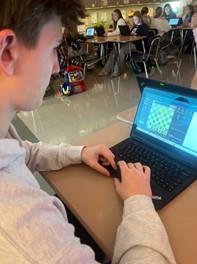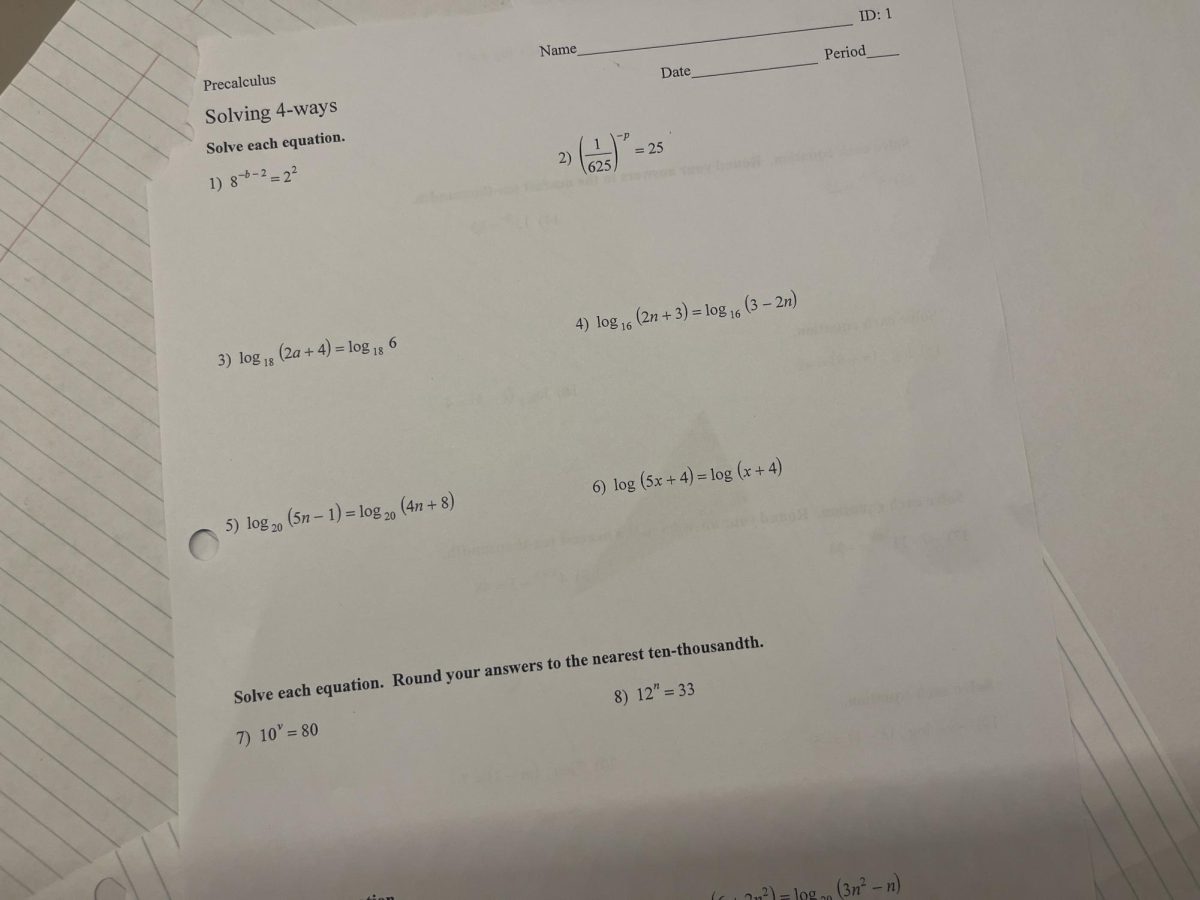Chess is a known board game from across the world, and people should be playing it. Chess is one of the oldest and most popular board games. Many people don’t know the facts of the game and the amazing benefits that are awarded to players.
It is played by two opponents on a checkered board with specially designed pieces of contrasting colors, commonly white and black. The objective of the game is to capture the opponent’s king. The human brain may be the most valuable part of the body and is for sure the most exercised. Modern research has shown that it does not matter if a child has been previously exposed to chess, and only four months of chess training can significantly increase their overall IQ. Enabling children to play chess at a young age will immensely benefit cognitive development in school and in their future lives. Chess creates a learning environment organized around games, which is one of the most motivational tools in a teacher’s repertoire to encourage problem-solving and spend time quietly immersed in logical thinking. Chess might seem like a “distraction” like other computer games but including chess in the classroom will not only encourage kids to be involved in class but will also benefit their education and enhance a new way of teaching or even a brain break.
A student at Pennridge, Matthew Kucza, has had quite a bit of experience and explains his joy for the game. “I enjoy playing chess against my friend during the first block and we always have a tough game.” At times, Matthew doesn’t have the time to play chess and needs to focus on school. Many times he gets distracted by the game instead of being on task with other things. Because of this, teachers should really implement “brain breaks” to just play a quick chess game with students in class and maybe even go farther into a tournament. This helps especially in the new block scheduling where students are learning for long periods and need a quick break for a nice board game with peers. Matthew’s experience with chess not only brings him a fun time but also makes him think hard and challenge his friend each time, knowing it’s a close game. Another student, Luke Rush, a student at Pennridge High School, has had little experience with chess but notices some of the capabilities of the game. “I’ve played chess before, but I thought it was hard. I did feel like I was actually locked in.” Luke isn’t very familiar with chess but he knows that it helped him focus. Being able to focus on a task and think intensely helps train his mind.
Being a known game, chess should be played more and familiarized with its immense benefits and mind-training provided. People of all ages can engage in the amazing game and provide for a nice hobby that has so many more advantages than others.





